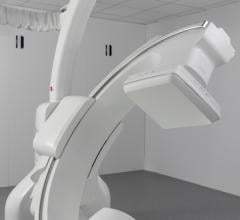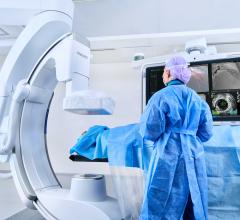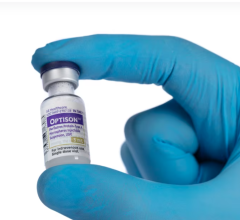
Daniel Schultz, M.D., director of the FDA Center for Devices and Radiological Health
August 12, 2009 - The Food and Drug Administration's (FDA) top medical-device regulator, Daniel Schultz, M.D., director of the FDA Center for Devices and Radiological Health, announced his resignation.
While Dr. Schultz said it was a mutual agreement with FDA Commissioner Margaret Hamburg, the decision followed internal dissent over device-approval decisions that the regulator's critics said were too friendly to industry.
Dr. Schultz has worked at the FDA's Center for Devices and Radiological Health for 15 years and led it for the past five years. However, concerns over Dr. Schultz’s decisions surfaced two years ago when Sen. Chuck Grassley (R- Iowa) held hearings on Dr. Schultz's approval of a nerve stimulation device to treat depression, irrespective of objections from multiple FDA doctors. The senator again opened an investigation into a knee-surgery device made by ReGen Biologics Inc., also approved by Dr. Schultz despite numerous objections from FDA scientists and reviewers.
A year ago, the House Energy and Commerce Committee launched an investigation into allegations by at least eight FDA scientists that agency managers coerced those in the medical device division into approving products despite serious safety and effectiveness concerns.
The investigation was prompted by a letter released publicly from “a large group of scientists and physicians” within the FDA's Center for Devices and Radiological Health (CDRH), dated Oct. 14, 2008, said Committee Chair John Dingell (D-Mich.) and Oversight and Investigations Subcommittee Chair Bart Stupak (D-Mich.) According to the statement, the letter describes CDRH managers that have “corrupted and interfered with the scientific review of medical devices.”
The statement went on to say that the committee has been “provided with compelling evidence to support the charges that senior managers within CDRH ‘ordered, intimidated and coerced FDA experts to modify their scientific reviews, conclusions and recommendations in violation of the law.'”
The scientists claim that they were threatened with removal or negative performance reviews if they did not modify their scientific data to obscure unscientific clinical and technical data submitted by device companies and legal violations, including a lack of informed consent from study participants.
For more information: www.fda.gov


 February 13, 2026
February 13, 2026 









